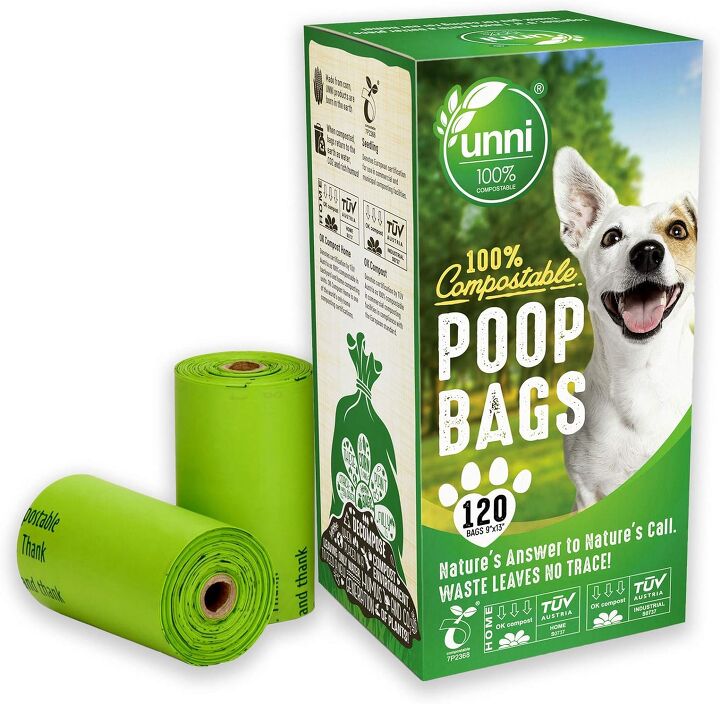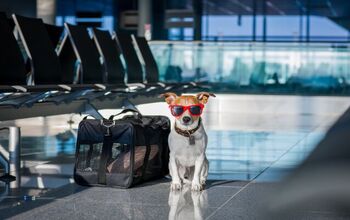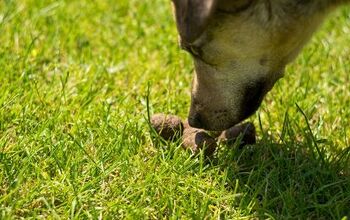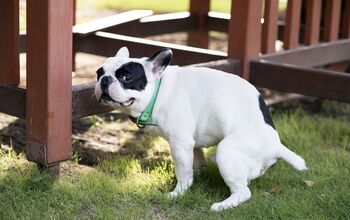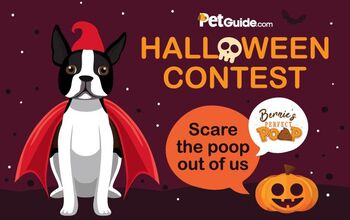Is Dog Poop Compostable?

Dog owners often wonder if their furry friend’s waste can be “put to good use” and composted. After all, composting is an environmentally friendly way to reduce waste, be more efficient, and return valuable nutrients to the soil. But still, when it comes to dog poop, a question often comes up – is it safe and beneficial for composting? To find that out, we need to consider several key aspects.
Is Dog Poop Compostable?
In general, yes, dog poop can be composted. However, it is not so simple, as with general yard waste or food scraps. The main concern with composting dog poop and waste is the potential presence of harmful pathogens, such as bacteria and parasites. These microorganisms, such as Escherichia Coli or roundworms, can pose a risk to human health if the compost is not handled and processed properly. But when dog poop is composed the right way, it can break down safely and become a useful fertilizer for non-edible plants.
To safely compost dog waste it is important to ensure that the composting process reaches high enough temperatures, which will kill all the harmful pathogens. This usually requires a special system known as hot composting, where temperatures in the compost pile must consistently reach around 60 degrees Celsius (140 degrees Fahrenheit). And it is these temperatures that help kill bacteria, parasites, and other nasty things found in dog poop. This then makes the compost safe for use. So here are a few basic steps to always keep in mind:
#1 Always use a separate composting bin for dog waste, as this will help avoid contaminating regular compost. This is important for keeping dog poop out of compost that will later be used in gardens for growing fruits or vegetables. Also, make sure to use fully compostable dog poop bags that will disintegrate in the compost pile – plastic won’t do as it won’t break down as fast or fully.
#2 Dog poop is rich in nitrogen, which will have to be balanced with carbon-rich materials like straw, sawdust, or leaves. A good carbon-to-nitrogen ratio will help the compost break down efficiently.
#3 Always make sure to monitor the temperature of the compost, so it reaches the above-mentioned pathogen-killing levels. You can use a special compost thermometer to help with this.
#4 In order for the compost to gain the needed heat and to aerate, you will need to turn it regularly. This also speeds up decomposition and ensures that everything is evenly processed. After the dog poop has composted, allow it to cure for a few months before using it. This guarantees that any remaining microorganisms have been neutralized.
Once dog poop has been properly composted, it’s safe to use in certain areas of your yard. The compost should be used only for non-edible plants, like trees, shrubs, and ornamental flowers. It’s important not to use dog poop compost on vegetable gardens or fruit plants due to the potential for contamination, even after composting.
Dog waste compost can improve soil health, adding nutrients and organic matter that support plant growth. However, always avoid direct contact with edible crops to ensure safety.
Of course, composting dog poop has environmental advantages. When dog waste is thrown in the trash, it usually ends up in landfills where it decomposes anaerobically, producing harmful greenhouse gasses like methane. By composting, you reduce waste and turn it into something beneficial for the environment. Additionally, composting dog waste prevents it from contaminating water sources. If left on the ground or washed away by rain, dog poop can pollute rivers, lakes, and oceans, carrying harmful bacteria and nutrients that disrupt ecosystems.
All of this means that both you and your pupper will be doing a good thing for the world around you - whether you compost or simply pick up after your pooch.

A proud mama to seven dogs and ten cats, Angela spends her days writing for her fellow pet parents and pampering her furballs, all of whom are rescues. When she's not gushing over her adorable cats or playing with her dogs, she can be found curled up with a good fantasy book.
More by Angela Vuckovic




